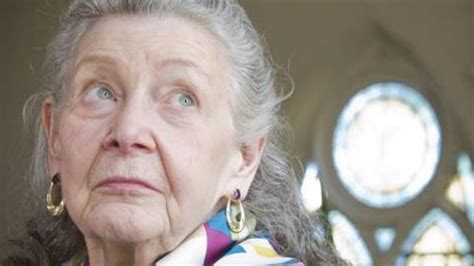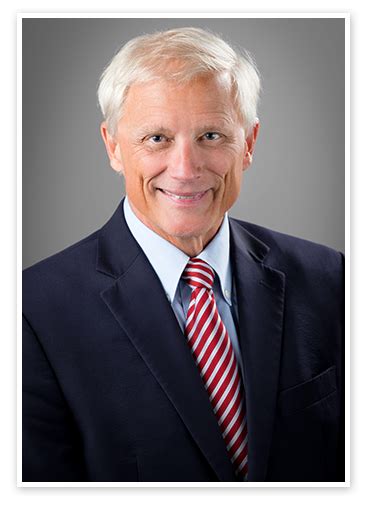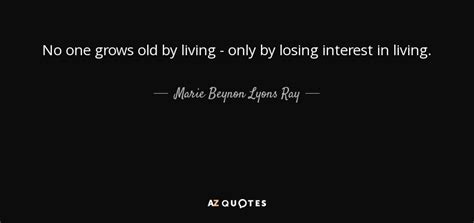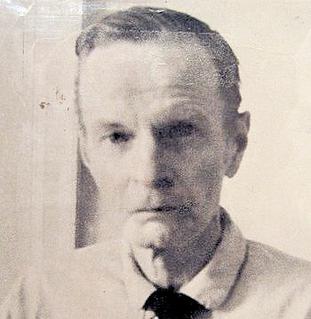A Quote by L. Ron Hubbard
Inaction and indecision in the present is because of fear of consequences of the future.
Quote Topics
Related Quotes
Healing depends on listening with the inner ear - stopping the incessant blather, and listening. Fear keeps us chattering - fear that wells up from the past, fear of blurting out what we really fear, fear of future repercussions. It is our very fear of the future that distorts the now that could lead to a different future if we dared to be whole in the present.
We fear the past, present and future. We fear the unknown, we fear not having enough, losing what we have, not having what we want. We fear what will become of us and those that we care for. We fear what others think of us and what they don't think of us. We fear, fear, fear and therefore we are controllable through the manipulation of all that we fear. The present War on Terror is the War of Fear. No Fear, no control.
Marriage is an effort to legalize love. It is out of fear. It is thinking about the future, about the tomorrows. Man always thinks of the past and the future, and because of this constant thinking about past and future, he destroys the present. And the present is the only reality there is. One has to live in the present. The past has to die and has to be allowed to die.
Fear of success is far more dangerous than fear of failure, because the subconscious mind works to prevent that which it fears. People may fear success because of low self-esteem and feeling of not deserving it; because it will increase what others expect of them. Fear of success shows up as anxiety, indecision, avoidance, procrastination or acceptance of mediocrity.
We are vulnerable to fear only when we leave the present. If I drift into the past, my regrets surge up, my memories of failing and forsaking. If I shift into the future, I meet with doubt and delusion, fear of what's to come, what I'm not capable of controlling. It's in the present moment that I belong.
After she's gone, another brief lull sets in. This one is probably the last. But what good is a lull? It's only a breathing spell in which to get more frightened. Because anticipatory fear is always twice as strong as present fear. Anticipatory fear has both fears in it at once - the anticipatory one and the one that comes simultaneously with the dread happening itself. Present fear only has the one, because by that time anticipation is over.
Failure to summon forth the courage to risk a nondogmatic and nonevasive stance on such crucial existential matters can also blur our ethical vision. If our actions in the world are to stem from an encounter with what is central in life, they must be unclouded by either dogma or prevarication. Agnosticism is no excuse for indecision. If anything, it is a catalyst for action; for in shifting concern away from a future life and back to the present, it demands an ethics of empathy rather than a metaphysics of fear and hope.

































